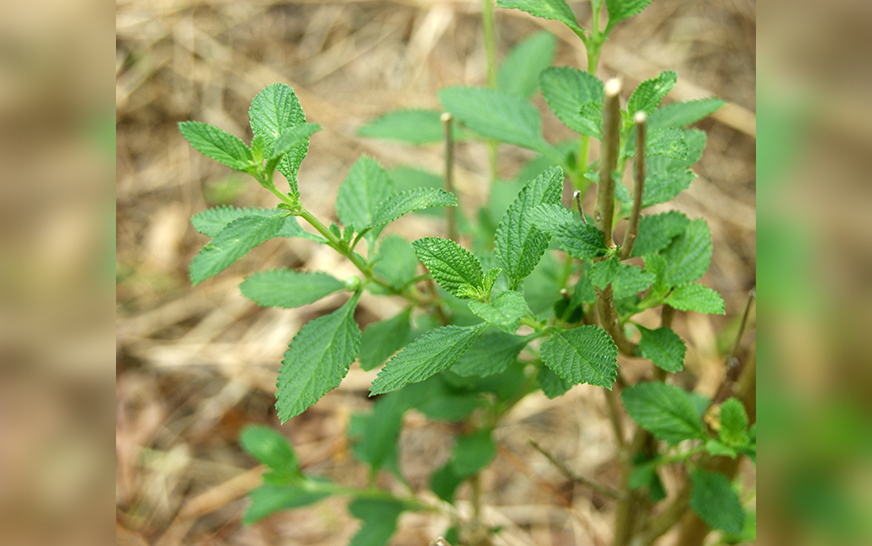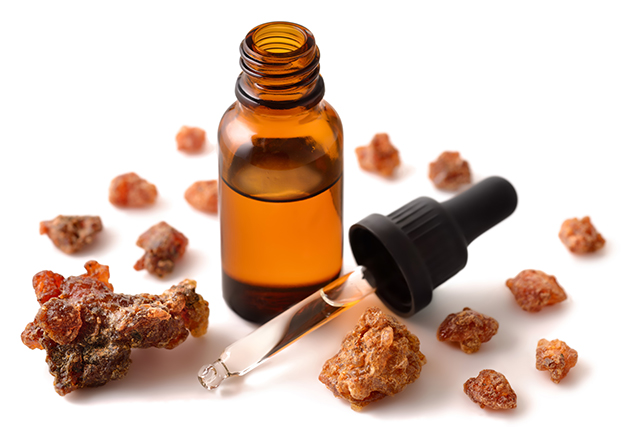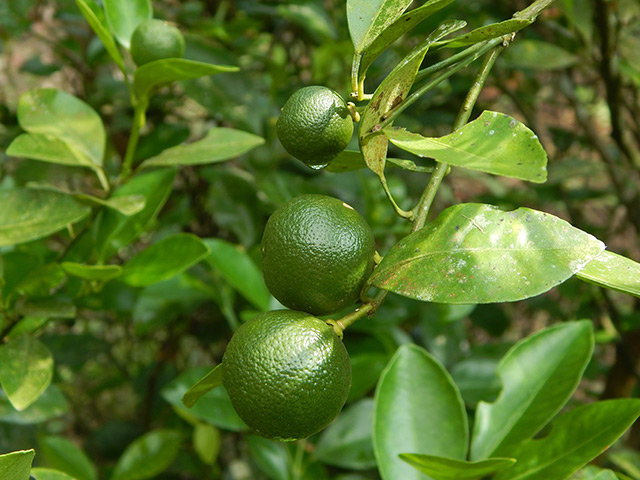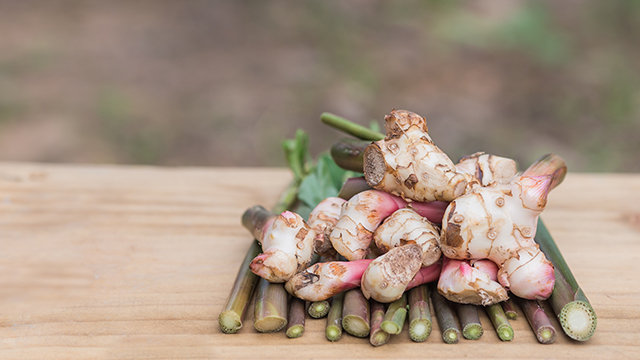Natural methods to treat sensitive teeth
08/05/2019 / By Melissa Smith

That sudden pain your teeth experience whenever you drink or eat something cold is known as tooth sensitivity. To soothe your sensitive teeth, you don’t have to run to the drug store for some pain relievers. Save yourself from expenses and adverse side effects and look around your kitchen for these home remedies for sensitive teeth:
- Oil pulling – Oil pulling is a traditional Ayurvedic practice that involves swishing sesame or coconut oil in your mouth for several minutes before spitting it out. Studies suggest that oil pulling using sesame oil may reduce the symptoms of gingivitis or gum disease, and that daily coconut oil pulling may reduce plaque formation and gingivitis.
- Guava leaves – Chewing guava leaves or using a topical gel that contains guava leaf extract may reduce tooth pain and sensitivity. A 2017 review found that extracts rich in guava flavonoids can potentially soothe toothache because of their pain-relieving, anti-inflammatory, and antimicrobial properties.
- Clove gel – Clove is a traditional remedy for toothache, and research supports this use. Applying clove gel or oil to your gums may reduce tooth sensitivity and pain.
- Garlic – Garlic is a known superfood used to treat many ailments, including toothache. Studies suggest that chewing a piece of garlic produces allicin, which has antimicrobial properties and may kill bacteria that can lead to oral diseases, such as Streptococcus mutans. These bacteria can cause tooth decay, which may worsen tooth sensitivity.
- Saltwater rinse – Another way to reduce tooth sensitivity is to use a saltwater rinse as a mouthwash. A 2017 study reported that it may be as effective as chlorhexidine mouthwash in reducing dental plaque. You can make a saltwater rinse by adding half a teaspoon of salt to 8 ounces of warm water.
- Capsaicin gel – Capsaicin is a natural compound that gives chili peppers their heat. Applying capsaicin gel to the gums may relieve pain from sensitive teeth by numbing nerve fibers and preventing them from sending pain signals.
- Turmeric – Turmeric is a yellow spice that contains curcumin, which is known to fight inflammation and reduce pain. You can use this to reduce tooth sensitivity by mixing turmeric and water, then rub the mixture into your gums.
Causes of tooth sensitivity
People with sensitive teeth may experience pain or discomfort as a response to certain triggers:
- Acidic foods and beverages
- Alcohol-based mouthwashes
- Brushing or flossing teeth
- Cold air
- Cold foods and drinks
- Cold water, especially during routine dental cleanings
- Hot foods and drinks
- Sweet foods and drinks
Your teeth become sensitive when their protective top layer called enamel is worn down. Tooth enamel can be worn down from:
- Brushing your teeth too hard
- Grinding your teeth when asleep
- Using whitening toothpaste
- Using mouthwashes and rinses that contain alcohol and other chemicals
- Using a hard-bristled toothbrush
- Regularly eating or drinking acidic foods and drinks
In some cases, other conditions can lead to tooth sensitivity, such as:
- Gastroesophageal reflux (GERD)
- Conditions that cause frequent vomiting such as gastroparesis and bulimia
- Gum recession
- Tooth decay, broken teeth, or chipped teeth
- Worn-down fillings or crowns
- Excessive buildup of plaque
Tooth sensitivity is one of the most common dental problems in the U.S., affecting at least 40 million adults. Learn how to treat it naturally by going to HolisticDentistry.news.
Sources include:
Tagged Under: alternative medicine, dental care, dentistry, disease treatments, Holistic Dentistry, natural cures, natural medicine, oral care, oral health, pain relief, remedies, sensitive teeth, teeth, tooth sensitivity
RECENT NEWS & ARTICLES
COPYRIGHT © 2017 ESSENTIAL OILS NEWS


















